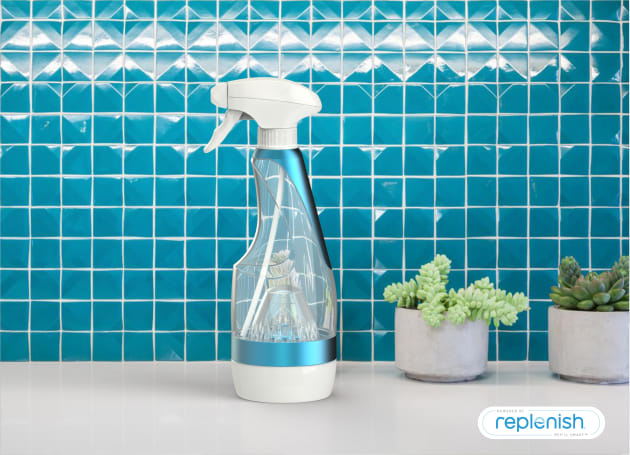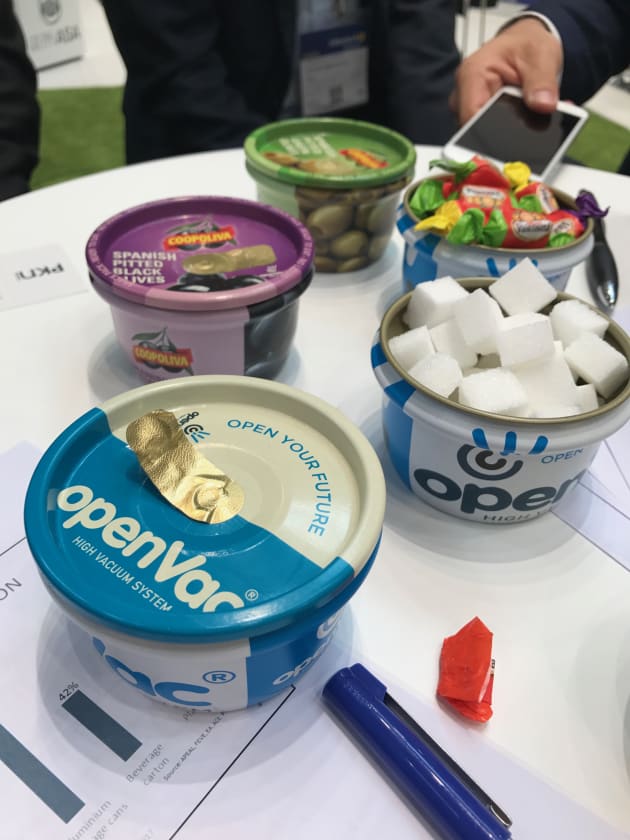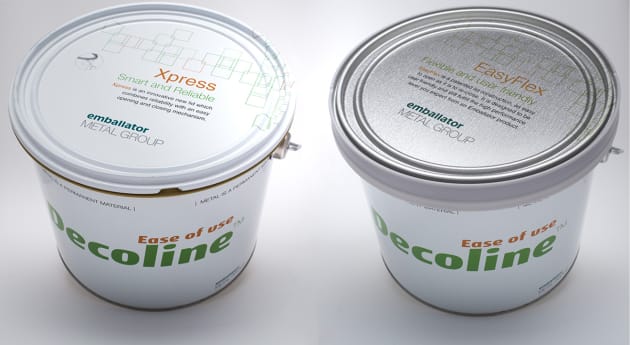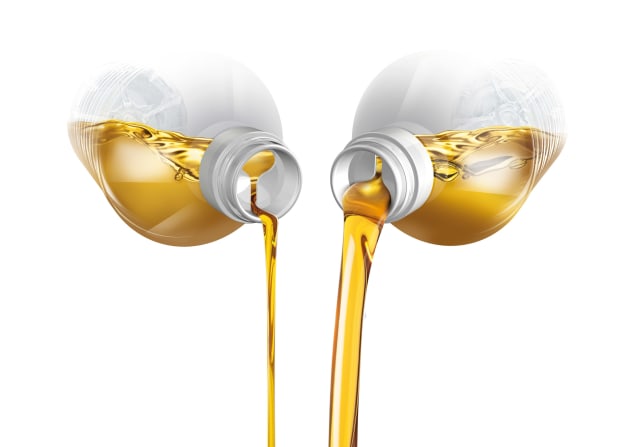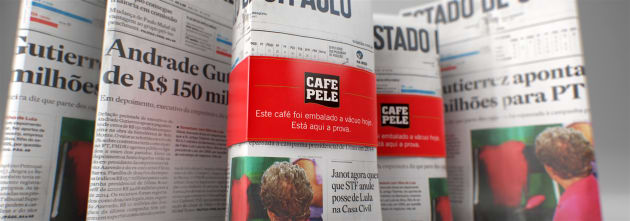At the world's biggest packaging innovation platform, there are new products a-plenty vying for visitors' eye-time. And it's not always the biggest and brightest that grab attention. Here are five ideas that made PKN stop and take a closer look.
Replenish is a refill concept launched in the US and designed for the ecommerce market. The modular design with re-usable base is unique as demonstrated in the video below; and the system enables personalisation of the product bottle graphics and customisation of components like the handle/trigger, and bottle colour.
PKN spoke to Jason Foster, concept inventor and founder & CEO of the company Replenish Bottling and he describes how it all works in this short video.
And, in the next iteration, aptly called Replenish 4.0, as Foster explained, the company has developed a smart packaging platform that will enable brand owners to track the user’s consumption of the product and have the ability to automatically mail the customer a replenishment pod before it runs out.
Foster also told PKN the company is in talks with a major Australian brand owner who’s interested in the concept.
OPENVAC
The next product attracted PKN as much for the innovation as the sound made when the pack is opened via a simple pull tag on the top of the can: “psssssssshhh”.
Developed by Spanish canmaker Auxiliar Conservera, OPENVAC is a new high vacuum canning system for food products, which requires a short exposure time to high temperatures during sterilisation and pasteurisation, and reduces the use of salt for preservation purposes and there's no need for liquids like brine or oil either. Shorter thermal processes means energy saving, and the lower overall weight of the package (sans liquid) optimises transport.
How is it done? It's quite simple: Air is extracted from inside the packaging, creating a high vacuum atmosphere. This allows for temperatures to be raised quickly without damaging the food, which allows for a shorter pasteurisation and sterilisation time than conventional canning.
The company says; "By completely eliminating oxygen, we can avoid changes in food flavour and colour and prevent the decrease or elimination of vitamins and trace elements. Therefore, not only have we managed to extend the shelf life of foods, but also ensure they are preserved in a more natural and authentic manner."
At Interpack, Auxiliar Conservera CEO Jose Meca demonstrated for PKN how it works and what its benefits are in this short video clip filmed on the stand (listen carefully at the 33-34 second mark for the sound as it opens).
At this stage, resealing of the can is not an option, although the company is looking into it as a next step, Meca told PKN.
DECOLINE
For the DIY paint market, Emballator Metal Group based in Sweden has developed Decoline, a new paint pail and sealing solution which comprises two different easy-open and close lid options.
The same pail can be combined with two different lids, the Xpress or the EasyFlex, creating cost efficiencies for the brand owner.
The Decoline pail is light and has a specially designed profile which maximises emptying of paint residues and minimises waste when re-closing.
EasyFlex is a patented concept comprising a lid that combines a tinplate center with a plastic ring folded over the edge of the pail. Opening and re-closing is managed without using any tools.
Xpress is a simple model which is easy and effortless to open and re-close.
The company’s commercial director, Henric Wiklund, demonstrated the two lids in this short video filmed at Interpack.
DOUBLEFLOW
On the United Caps stand we found DOUBLEFLOW, a closure system the company describes as a “precision pouring instrument” designed for oils and vinegars. Precise engineering has delivered an innovative droplet shape that gives the user the option to drizzle or pour the oil or vinegar.
The closure is lightweight and attractive, offers spill-free performance, keeping the bottle dry and easy to handle while maintaining the quality of the contents through its shelf life. In addition it offers a reliable reseal that ensures that contents are protected. A wide selection of colours and engraving options are available, enhancing the opportunity for brands to stand out on the shelf. (United Caps is represented in Australia by Melbourne-based Caps & Closures.)
DIGITAL NEWS-ON-PACK
The interest in personalisation and customisation of packaging enabled by digital print technology is still on the rise.
The HP stand was a veritable "big box of ideas" showcasing numerous examples of the best in digital print, plus the equipment that makes it all happen, including its new Pack Ready Lamination system for digital printing of flexible pouches.
Apart from the stunning 2000-of-a-kind Heineken bottles sporting artist Emily Forgot's designs, the pack that stood out for PKN was this execution for the Café Pelé coffee brand in Brazil, in which the daily news (yes! now that's agility for you) was printed on to coffee packs to promote the image of the coffee's freshness (as fresh as the daily news).
The campaign was aimed at changing the perception that coffee in stores is not as fresh as in coffee shops. Café Pelé turned to digital print. A campaign developed by its marketing agency, Lew’Lara, saw flexible packaging printer, Camargo and the newspaper, O Estado de Sao Paulo, work together to feature the paper’s front page on flexible packaging produced on the HP Indigo 20000 Digital Press.
It took only three weeks to prepare the pack design to match the newspapers design and fonts. At 11.37 pm one night in December last year, files of the front cover of O Estado de Sao Paulo were sent to the printer. The newspaper and the coffee packaging were printed simultaneoulsy and by 5.45 am copies ofthe newspaper bundled with fresh coffee packages were being delivered all over the city.
The campaign reportedly resulted in a 400% hike in the brand's coffee sales and almost one million people interacted with the campaign more than once. All in all, the campaign attracted free media worth US$115,000 and 100k+ Facebook interactions.








